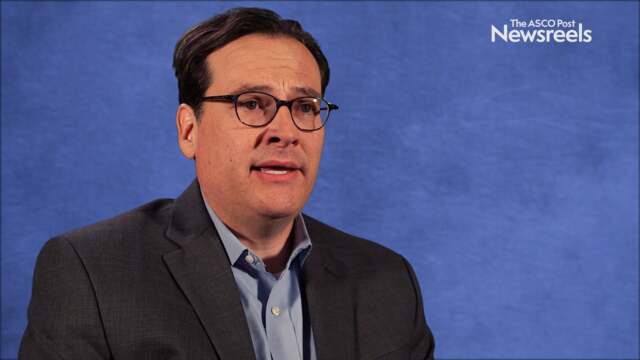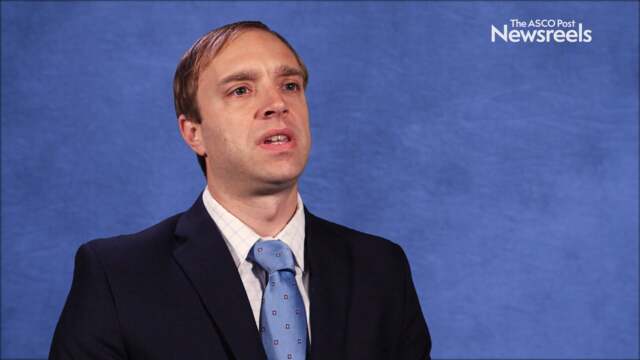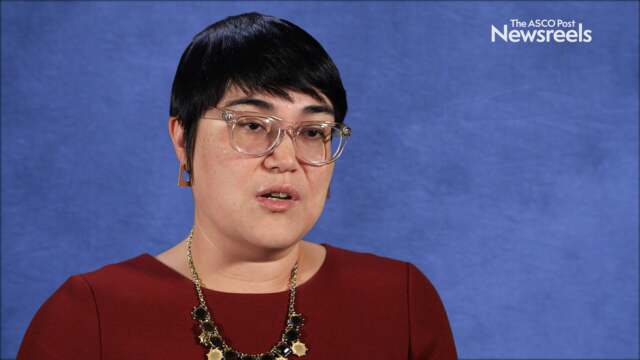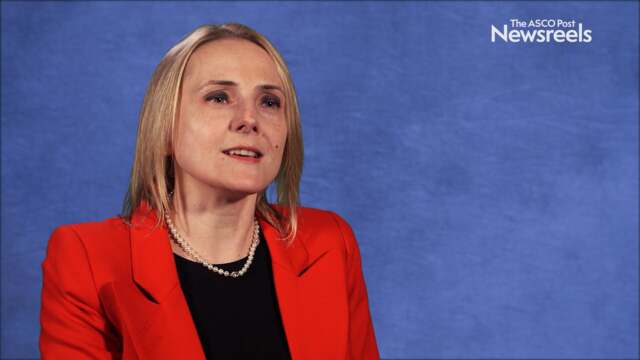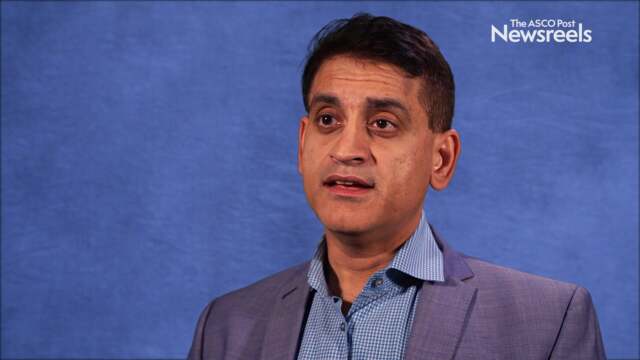Jay B. Shah, MD, on Reducing Opioid Use After Urologic Oncology Surgery
2018 ASCO Quality Care Symposium
Jay B. Shah, MD, of Stanford University, discusses the role that surgeons can play as gatekeepers to the opioid epidemic, including the view that complex cancer operations can be performed with little to no opioid use (Abstract 269).
Lalan S. Wilfong, MD, of Texas Oncology, discusses reducing the use of a white blood cell growth factor treatment in advanced and incurable solid tumors for patients treated at a community oncology practice.
Aaron Lyss, MBA, of Tennessee Oncology, discusses ways that clinicians and patients can employ the most cost- and treatment-effective measures, clinical trials, and incident learning systems.
Fumiko Ladd Chino, MD, of Duke University, discusses results from a population study she conducted of the opioid epidemic over the past 10 years and why these medications for cancer pain should continue to be excluded from restrictive-prescribing laws (Abstract 230).
Monika K. Krzyzanowska, MD, MPH, of Princess Margaret Cancer Centre, summarized the Keynote Lecture, including the points that clinicians should carefully plan their quality improvement projects, understand the barriers to quality, and ensure their efforts are sustainable.
Simron Singh, MD, MPH, of Sunnybrook Health Sciences Centre, discusses initial results of his data on a new patient experience measurement strategy used at Cancer Care Ontario.
